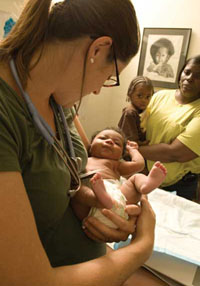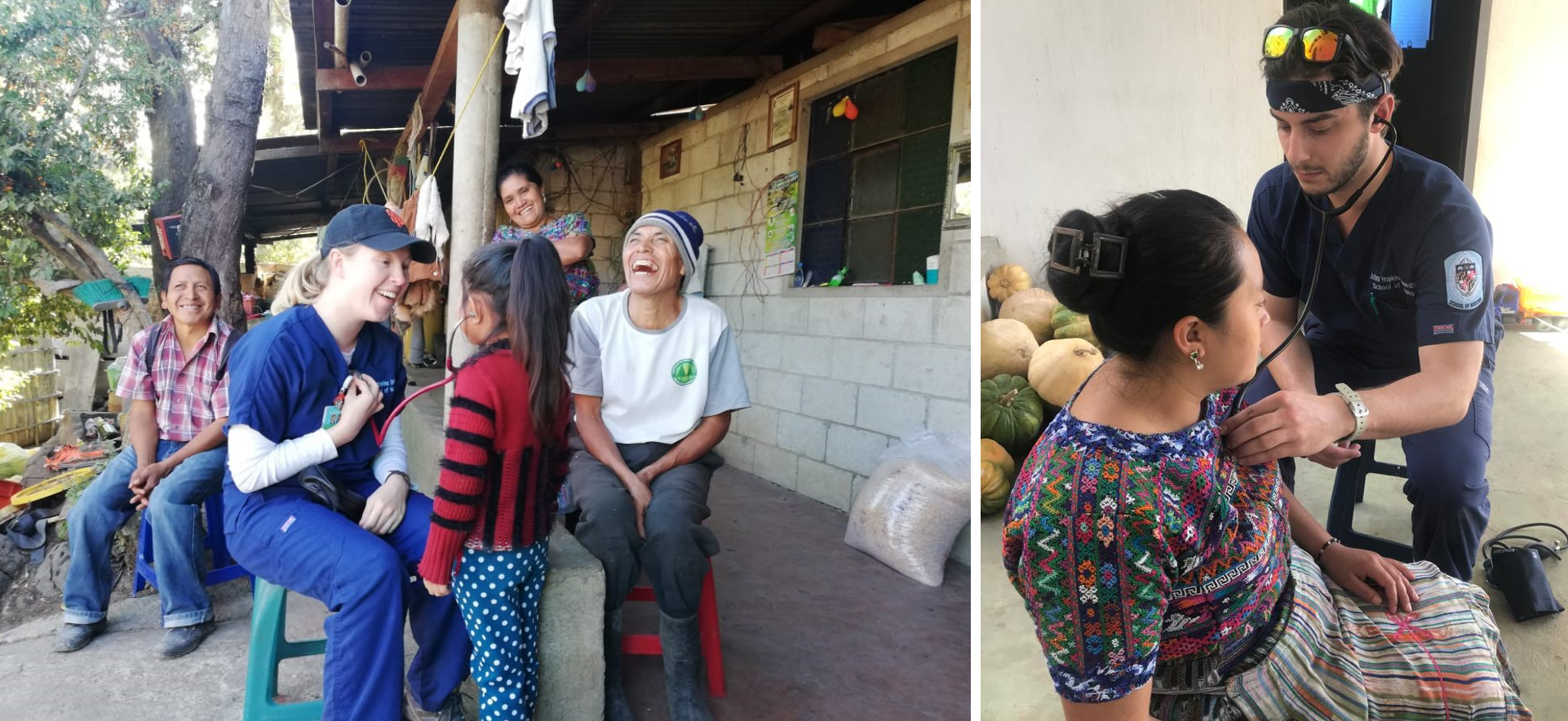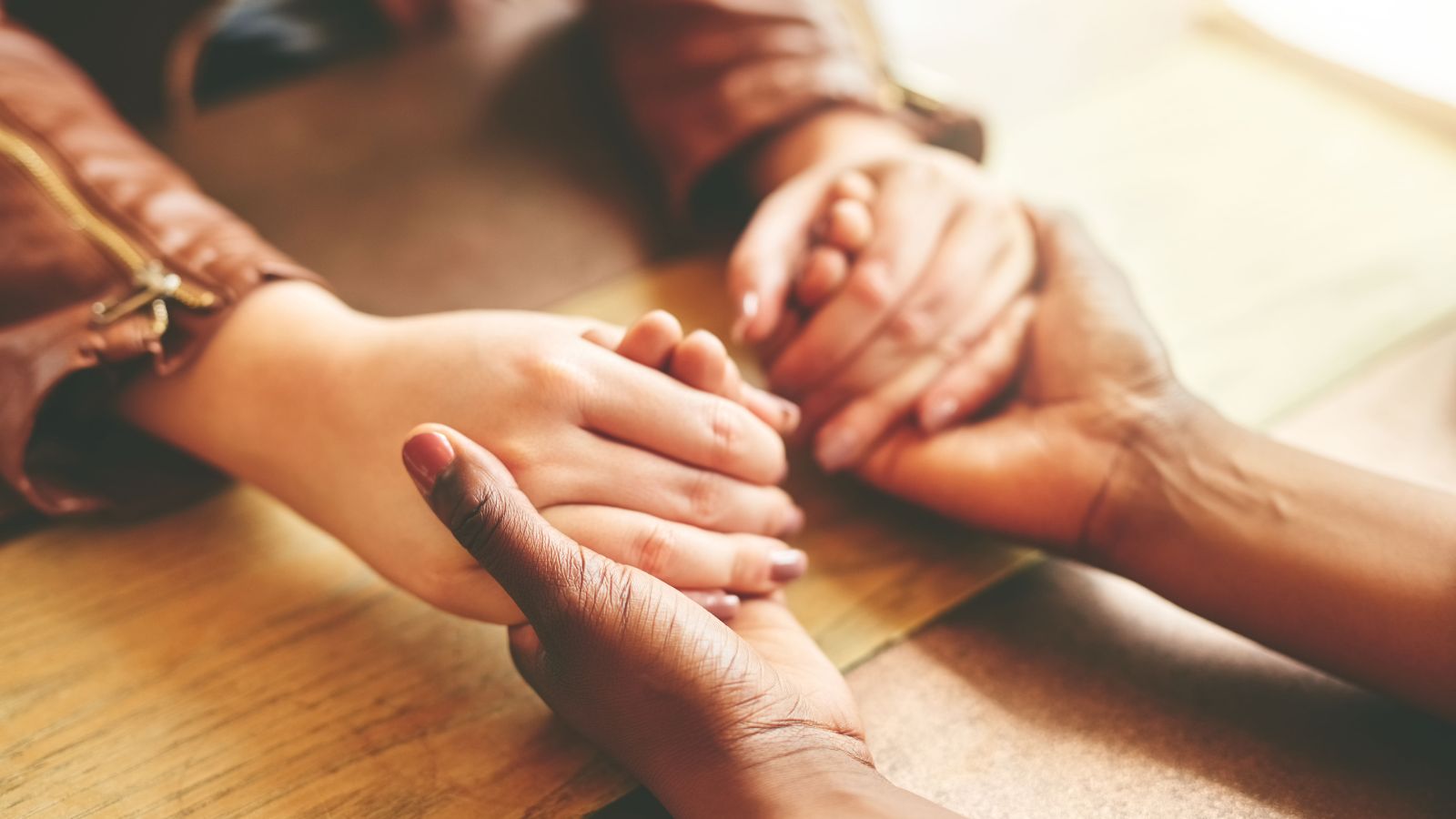By Tyler Cornell ’06, MSN/MPH student

I am not a “city person,” so I felt very comfortable with my life as a health volunteer in rural Zambia, in Southern Africa, when I served with the Peace Corps for three and a half years. I loved visiting communities via bicycle and being challenged to think of creative ways to assist community members in tackling health needs such as clean water, maternal and child health, and HIV/AIDS.
So when I arrived at the Johns Hopkins University School of Nursing in September 2004 to begin my public health nursing education, I was skeptical as to how I would adapt to Baltimore and the rigors of full-time academia. I was concerned that I would feel disconnected and overwhelmed by my surroundings and course load. I wasn’t sure how I would make a connection to this new place I would call home for the next four years.
Thankfully, my initial fears turned out to be unfounded. Through faculty member Lori Edwards and the community outreach program, I not only developed a greater understanding of my new city, but I was able to work firsthand with community members as a clinical associate at the Wald Clinic, formerly the Lillian D. Wald Community Nursing Center. My work at the clinic, under the dynamic tutelage of the late Marion D’Lugoff, was one of the most significant and rewarding aspects of my time at Johns Hopkins and has broadened my education beyond the classroom.
One of the first things you learn in the Peace Corps is not to start out with your own agenda. If a volunteer walks into a community believing that he or she knows how to “fix” a situation, without having attempted a community needs assessment or understanding the delicate fabric of community life, the effort is almost always destined to failure. I was thrilled when Lori Edwards took the same approach in orienting us to the community outreach program. She understood that if we, as students, did not grasp the history of Baltimore and its neighborhoods, the often tenuous relationship between community members and Hopkins, and the specific health concerns of the individuals with whom we would be working, our efforts would be misguided and less effective.
This is a life lesson I hope to carry with me as I look beyond my time at Hopkins and toward my career as a public health nurse.
The Wald Clinic in particular has been my home and learning environment over the past three years. Initially, my intention was to gain hands-on experience with technical nursing skills at the clinic. While I have had such opportunities, I quickly learned that vaccines and physical exams were not the extent of our patients’ needs. Our clients often need advice in how to access low-cost health insurance, how to enroll in programs offering screenings such as mammograms and colonoscopies, additional information about health issues such as diabetes or hypertension, and sometimes, unfortunately, how to access services for domestic violence.
Working in Baltimore City has been a challenge, an adventure, and a growth opportunity. I have learned to keep my agenda to myself and to let the client tell me what he or she needs. As active listening is one of the tenets of nursing, I feel fortunate to have been able to practice this art daily at the Wald Clinic. My clients are a constant reminder to me to treat individuals as individuals, and not prejudge them by their living situation or economic circumstances.
 Global Service Learning: Guatemala
Global Service Learning: Guatemala Guatemala Re-visited: Rainwater Project Shows Value of Service-learning Trips
Guatemala Re-visited: Rainwater Project Shows Value of Service-learning Trips You’re Welcome
You’re Welcome My First Teachers in Nursing School Weren’t Nurses
My First Teachers in Nursing School Weren’t Nurses Awards for Diversity
Awards for Diversity






